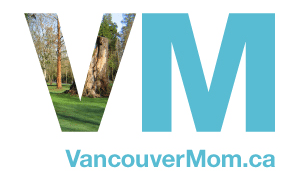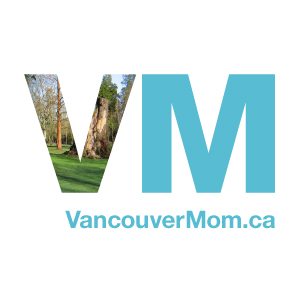Students First: Considering How to Bring Stability to Schools

How do we put students first in Vancouver schools? Today we’re exploring the issue.
With a planned provincial election coming up on May 14, 2013, it feels like you can’t turn on the TV or radio without hearing a political message. While the parties battle it out, we may be struggling to decide who best represents the interests of Vancouver moms and their children. While VancouverMom.ca is non-partisan (and, in fact, our team members hold a variety of different political views), we feel it’s important to share information about what’s happening in BC, especially as we start to form opinions on how we’ll be voting come May. Because come election day, we’d like to Mom the Vote.
Education Woes
One issue that weighs heavily on many parents’ minds is education. The 2011/2012 school year was impacted by teachers’ job action, and with their one-year contract slated to expire the June, the question naturally arises: what will happen next?
Last October, Premier Christy Clark announced a review of the teachers’ bargaining framework. The idea was to negotiate longer-term deals – 10 years instead of one, two or three – to bring greater stability to BC schools. In January, the “Students First” framework was announced. Minister of Education Don McRae said, “The last round of labour negotiations was difficult and prolonged, and as usual students and classrooms were disrupted across our system. This is nothing new in the history of our negotiations. I believe our children deserve better than this. It is time to set this behind us and embark on a more collaborative way of doing things.”
Putting Students First?
 The new bargaining process is meant to be structured and transparent, drawing on professional mediators and conciliators to help resolve impasses. The Minister is promising collaboration and openness to new ideas. The proposed framework would see the creation of an Education Policy Council with representatives from government, the BC Teachers’ Federation (BCTF) and school-board trustees. The council would advise government on public education policy priorities, including a proposed education investment fund.
The new bargaining process is meant to be structured and transparent, drawing on professional mediators and conciliators to help resolve impasses. The Minister is promising collaboration and openness to new ideas. The proposed framework would see the creation of an Education Policy Council with representatives from government, the BC Teachers’ Federation (BCTF) and school-board trustees. The council would advise government on public education policy priorities, including a proposed education investment fund.
The BCTF has concerns about the plan. “The premier’s plan is flawed in a number of significant ways,” says BCTF President Susan Lambert. “The key problem is that it ignores the ruling of the BC Supreme Court that teachers have the right to bargain working conditions, such as class size and class composition.” The union further states that the announcement came one day before general meetings, at which representatives of the BCTF and the BC Public Schools Employers’ Association were to vote on a new Framework Agreement which offers a positive process for the upcoming round of bargaining. Lambert says, “In recent months we’ve quietly had productive conversations with the employer about how to achieve a smoother more effective round, and it’s most unfortunate that government chose to intervene at this time.”
VancouverMom.ca recently had the chance to sit down for a roundtable with BC NDP leader Adrian Dix, and we asked him to share his thoughts on how to create greater stability in BC schools. We’ll be sharing his thoughts in an article later today.
For now, we’d love to hear your thoughts. What can the government do to end ongoing labour disputes in schools? What concerns do you have about class size and composition, or the situation in BC schools? Leave us a reply and let us know!
Amber Strocel is a writer, aspiring math teacher, suburbanite, wife and mom of two. She believes in the power of the Internet to connect people, and she believes that numbers are the poetry of the universe. You can often find her knitting, sewing, volunteering, working in her garden, and sneaking chocolate when no one's looking. She blogs at Strocel.com and shares her photos on Instagram as @AmberStrocel.


















